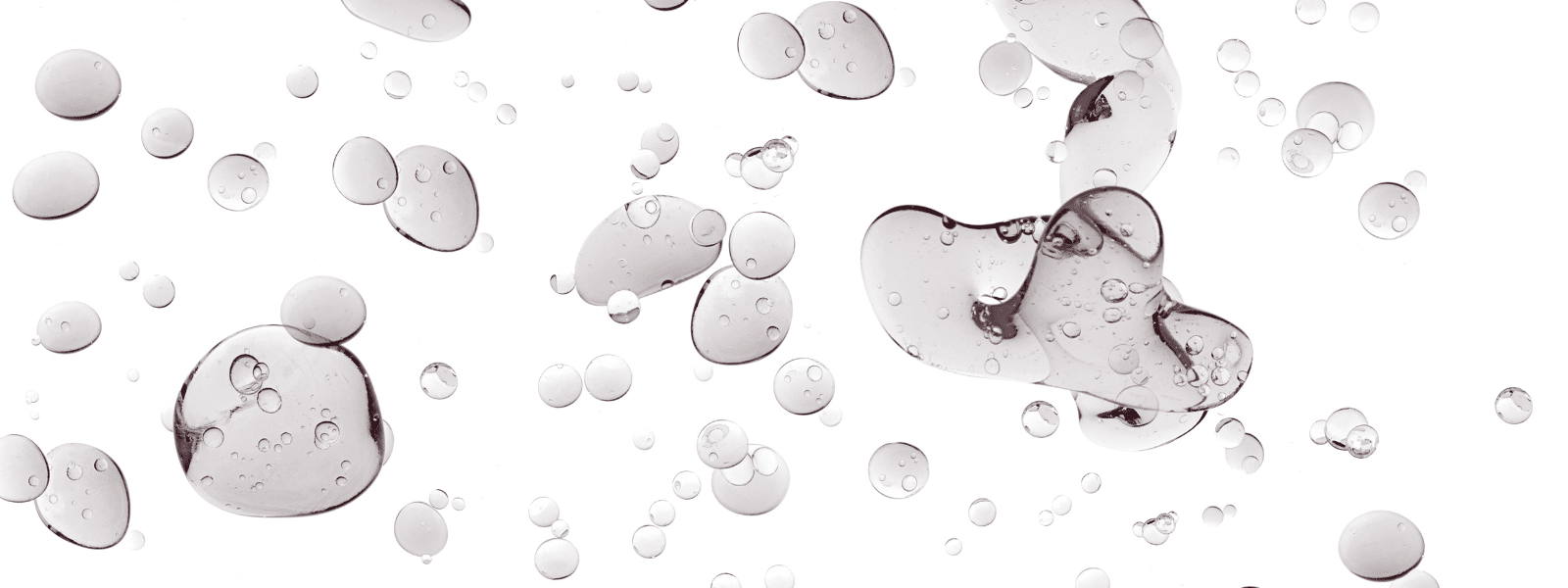What are PFAS chemicals? And why are they called “forever chemicals?”
If you find yourself asking these questions, you’re not alone. Research shows that 97% of Americans are estimated to have detectable levels of PFAS chemicals in their blood, and many people are worried about what this may mean for their health.
In this blog post, we’ll examine the exact meaning and definition of PFAS, where they’re commonly found, health effects, and PFAS-free chemical alternatives better for businesses.
What Are PFAS Chemicals? PFAS Meaning & Definition
PFAS, otherwise known as perfluoroalkyl and polyfluoroalkyl substances, are manmade chemicals used in a variety of commercial and industrial products. These synthetic chemicals contain stain-repellent properties that make them popular for everything from food packaging to firefighting foam.
While they may be common, polyfluoroalkyl substances are becoming increasingly well-known for their toxicity.
Before we dive into the impact of prolonged exposure to human and environmental health, let’s take a closer look at where PFAS occur.
Where are PFAS found?
PFAS can be found in products you use, water you drink, food you eat, and even the air you breathe. Here are some of the most common sources for PFAS:
- Food packaging
- Non-stick cookware
- Drinking water
- Car seats
- Cleaning products
- Waterproof clothing
- Carpets and upholstery
- Food grown in contaminated soil
- Fish with high levels of PFAS
- Contaminated dust or soils
- Aqueous film-forming foams (AFFF, otherwise known as firefighting foam)
Why are PFAS called ‘Forever Chemicals?”
PFAS are called ‘forever chemicals’ since they are long-lasting, taking hundreds or even thousands of years to break down.
Not only is this concerning for human health, but environmental health since they can’t break down naturally.
Let’s take a closer look at the meaning of PFAS for human and environmental health.
PFAS Health Effects & Environmental Effects
Human Health
For humans, high levels of PFAS have been linked to:
- Thyroid problems
- Liver damage
- Increased cholesterol
- Increase in certain cancers
- High blood pressure in pregnant women
- Decreased fertility
- Increased risk of obesity
- Developmental defects in children
Environmental Impact
When it comes to PFAS chemicals’ environmental impact, the results are equally concerning.
- Contaminated drinking water
- Decreased soil health
- Increased health issues to wildlife as PFAS build up in the blood
While this research is alarming, luckily, there are more tests and studies being done to learn how we can reduce the amount of harmful chemicals we’re exposed to.
For example, the Environmental Protection Agency offers actional steps such as conducting well water testing, avoiding eating fish from contaminated waterways, etc.
If you own a business or work in an industry that uses chemicals, then opting for PFAS-free chemical products is a great way to protect your workers’ health and the environment.
Choose PFAS-Free Products: Shop with Ecolink
At Ecolink Inc., our water-based chemicals are environmentally preferred products formulated to make our world a greener and safer place.
Get in touch with one of our experts today to learn which of our products is best for your business.















